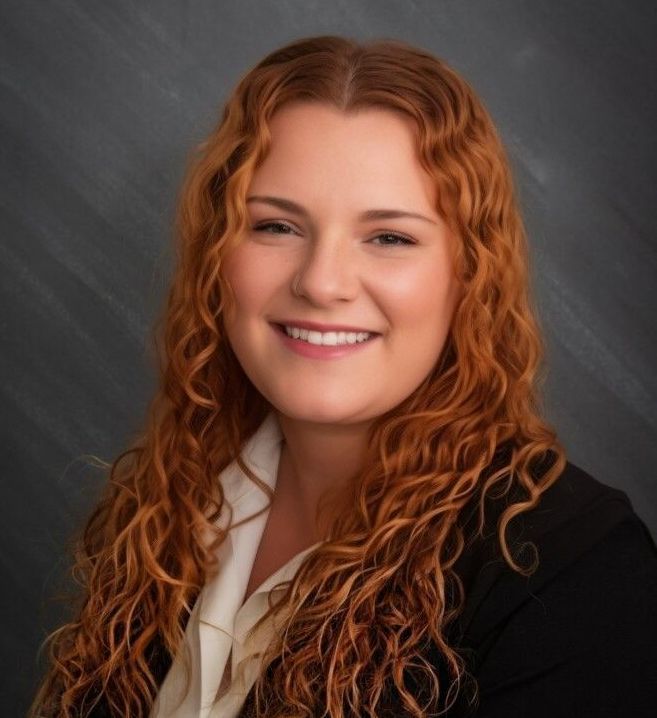AVAILABLE 24/7
CALL TODAY | 717-774-7721 | AVAILABLE 24/7
Returning To Work, While Coping With A Loss
There is no set time frame for grieving the loss of a loved one. Everyone grieves differently and travels a different path. Unfortunately, many people have to return to work responsibilities before they are emotionally ready.
It is important to understand your company’s bereavement policy and take advantage of any benefits that are available. Keep in mind that in addition to bereavement days, some companies offer grief counseling and therapy sessions.
Grief can have a huge impact on your ability to work both physically and mentally. To begin with, grief can aggravate physical pain, increase blood pressure as well as weaken your immune system, cause a loss of appetite, or make one feel fatigued. Not only can grief cause physical effects, it can also impact your mental health. Symptoms of grief can include detachment, anxiety, frustration, guilt and depression. These physical and mental symptoms of grief can impact your ability to perform daily tasks at work.
When coping with a loss, work often becomes a natural distraction, which can help to restore stability to your life. While you want to focus on being productive, you must also allow yourself to grieve. Trying to mask your grief through work will only lead you to feel abandoned and uncared for. Take the time to nurture yourself through such things as yoga, meditation or some much needed sleep. It’s important to remember that your loved ones would want you to be healthy, cared for and loved.
You should never feel alone in the grieving process. Don’t be afraid to reach out to coworkers for their help. Coworkers understand your situation and are often more than happy to help. By pretending that everything is okay, you are only leading yourself to unhealthy grieving that inhibits productivity. Always be honest with yourself regarding the workload you’re capable of completing.
Grief tends to come in waves. There will be times at work where you feel overwhelmed and your emotions get the best of you. This is normal and goes along with the healing process. Find a place at work where you can escape to for a few minutes and reflect. This could be your car, the employee breakroom, or another secluded spot.
While everyone grieves differently, one thing that is the same for everyone is that the process does not happen overnight. It’s important to put your needs first and reach out for help when needed.



Find Us On Social Media
© Parthemore Funeral Home & Cremation Services, Inc. All Rights Reserved. Admin Login
© Parthemore Funeral Home & Cremation Services, Inc. All Rights Reserved. Admin Login








